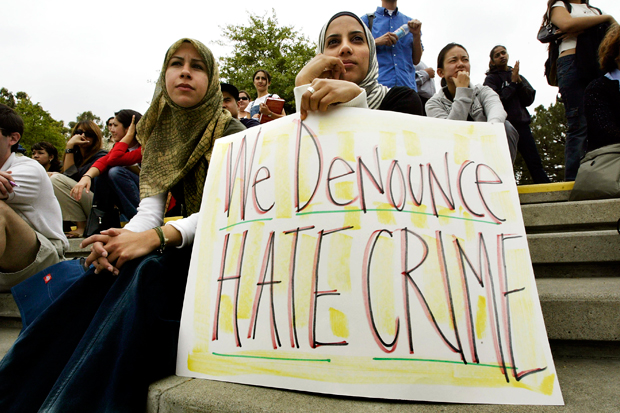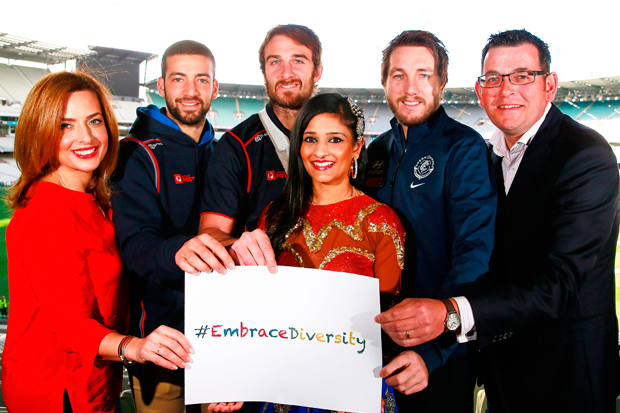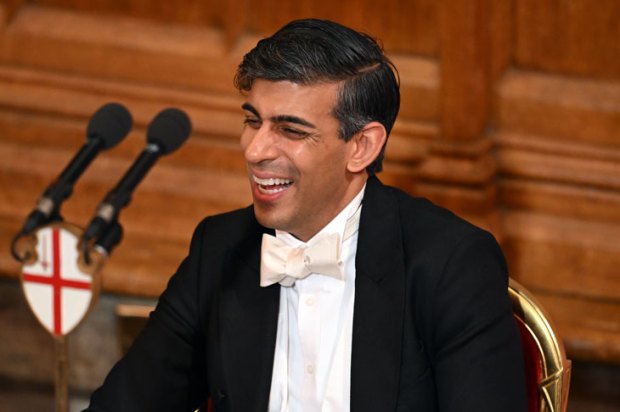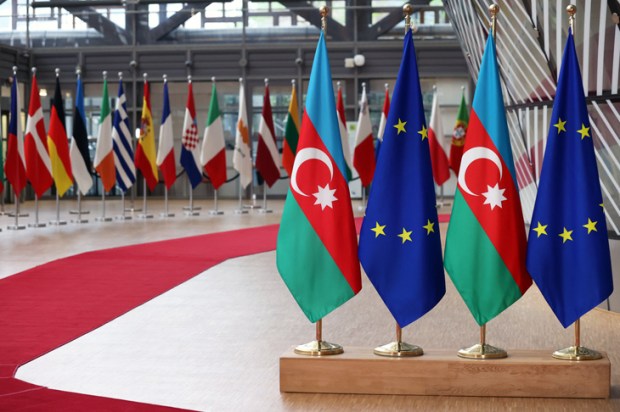On the haters and their hatred of ‘hate speech’
In the law of libel a statement of claim still alleges, as it has for centuries, that the plaintiff has been brought into ‘hatred, ridicule and contempt’ by the publication in question. Until recently this was one of the rare references to hatred in modern times. This might be thought hardly surprising, given that such a violent emotion would normally be seldom encountered. But it seems that Australian society is now awash with ‘hate speech’ – a term inherited from the US and originally referring to incitements to violence against minority groups. It has now, however, in both countries, been taken over by the politically correct class to mean various views on social and economic questions with which they disagree.
So the heading of the Sydney Morning Herald editorial on the eve of the EU vote in Britain was: ‘A victory for hate if Brexit should prevail’. In the Herald’s cartoon of the prime minister speaking about refugees at the UN recently he was shown as wearing three badges inscribed with: ‘Hate makes the world go round’, ‘Hate will find a way’, and ‘All you need is hate’.
When two senators earlier this year proposed the amendment of section 18C of the Racial Discrimination Act they were described by the Herald as ‘hate-speech apologists’. In addition David Leyonhjelm was said to be ‘a boorish, supercilious know-all with the empathy of a Besser block’. His colleague, Malcolm Roberts, ‘an absurdist fringe-dweller’. Both were ‘self-promoting misanthropes’. If the proponents of 18C are to be believed, it is the only thing standing between minority groups in Australia and a tidal wave of the vilest forms of vilification. The truth is that most of the vitriolic abuse occurring in public debate in Australia comes from the politically correct class and reflects their almost disbelieving response to any alternative point of view. In the course of their constant, confected concerns about hate speech they have themselves determined to make any opponents the subject of libel law’s hatred, ridicule and contempt.
It might be noted that incitement to violence against any group in the community, although almost unknown in Australian history, has always been an offence under the criminal law. It was, of course, sanctioned by the law in Germany in the 1930s but that has never been the case in any other Western country. It is hardly an incitement to violence to raise, for example, questions about immigration into Australia – its level, composition, costs and benefits – but anyone who does so is instantly accused of hate speech by the forces of political correctness.
This is the same mindset that has now discovered that many works of history and classical literature contain passages that might offend the sensitivities of some individuals who come across them. This set off a demand in many American universities that students be warned in advance about such passages in their prescribed texts so that they can avoid the immense psychological damage that might be caused by reading them. This trend has been picked up in a number of Australian universities and, these institutions being themselves bastions of political correctness, such demands have been taken seriously and, in some cases, accepted.
The visiting American novelist, Lionel Shriver, was exposed to these sensitivities when she gave the opening address to the Brisbane Writers’ Festival in September. Shriver had said that fiction writers naturally wrote not only about their own personal experience but also created characters from different backgrounds to their own. Some minority groups protested and the Festival immediately disowned Shriver and organised a ‘right of reply’ session. Shriver has been accused of being a racist – the instant reaction by the politically correct class to expressions of opinion on so many social and economic questions. Shriver probably did not realise that all cultural institutions in Australia, including literary festivals, are also bastions of political correctness. She knows now.
Naturally the government’s proposed plebiscite on same-sex marriage has provoked claims that it would unleash an avalanche of hate speech from those who are opposed to any change in the definition of marriage. It is obviously an available argument to say that a parliamentary vote is preferable to a plebiscite on any particular issue. But it is rather different to contend that a legitimate subject for public debate cannot even be discussed.
We can expect to hear a lot more about hate speech in the immediate future as the chief fomenters of hatred in Australian society label any disagreement with their views in this fashion. Discovering hate speech has become a big industry in the US and looks set to be even bigger here.
The post Legal notes appeared first on The Spectator.
Got something to add? Join the discussion and comment below.
Get 10 issues for just $10
Subscribe to The Spectator Australia today for the next 10 magazine issues, plus full online access, for just $10.
You might disagree with half of it, but you’ll enjoy reading all of it. Try your first month for free, then just $2 a week for the remainder of your first year.














Comments
Don't miss out
Join the conversation with other Spectator Australia readers. Subscribe to leave a comment.
SUBSCRIBEAlready a subscriber? Log in